
Many people successfully reach long-term sobriety, but it just takes longer. This highlights the importance of ongoing support and treatment well beyond the initial stages of recovery. Alcohol Relapse Preventing relapse is one of the core issues in the treatment of alcoholism. Since remission is the underlying goal of disease treatment, clinicians remain concerned about the high rate of relapse. You deserve freedom from your alcohol addiction, and we are more than happy to support and guide you toward recovery. Learn the warning signs of relapse to get the help you need as soon as possible.
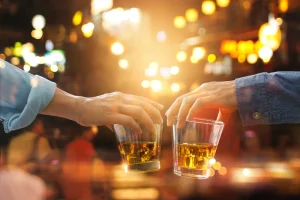
What is a Relapse Prevention Plan?
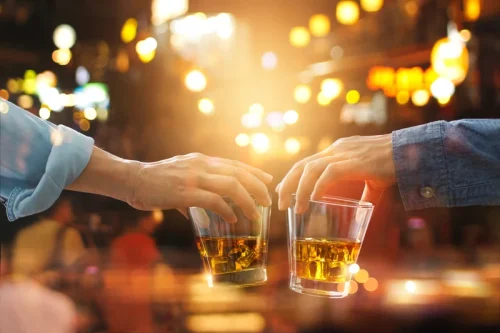
During this stage, a person may not be thinking about using drugs or alcohol, but their emotions may be placing them in jeopardy of relapse. Some clinicians will divide this stage of relapse into a lapse and then the actual relapse. A relapse is a return to using alcohol in a way that’s out of control. Don’t let this situation or cravings make you feel down or like you haven’t achieved something amazing already. You aren’t doing something wrong or failing in your recovery. You can work on strengthening your coping skills to move past a mental relapse.
What Is a Dab: Understanding Dabs in the World of Cannabis
It is crucial that you don’t come across as pushy or make them feel guilty as this will simply add to their stress and could cause them to continue drinking. Be supportive until they feel comfortable enough to regroup and seek the help they need. If they are in an uncontrollable state then get in touch with us and we can advise you on the best course of action. An increase in stress in your life can be due to a major change in circumstances or just little things building up.
Alcohol Relapse Statistics by Gender
- Stress, trauma, or untreated mental health issues often play a role.
- Eating disorders, drug and alcohol abuse, compulsive gambling, and other destructive behaviors are all ways of self-medicating emotional pain and other issues.
- Access to convenient, low intensity interventions 58 could enhance the self-change process and enable such individuals to achieve and maintain remission.
- For those needing structured care, inpatient alcohol rehab Pennsylvania offers provides 24/7 medical and emotional support.
- Going through treatment a second or third time (or more) isn’t a sign that the individual is failing.
This doesn’t mean treatment failed, but it could signal treatment may need to be resumed or adjusted. This page will define relapse, go over some of the reasons it happens, and discuss relapse prevention techniques. When you are an alcoholic and have achieved sobriety, you are in recovery.
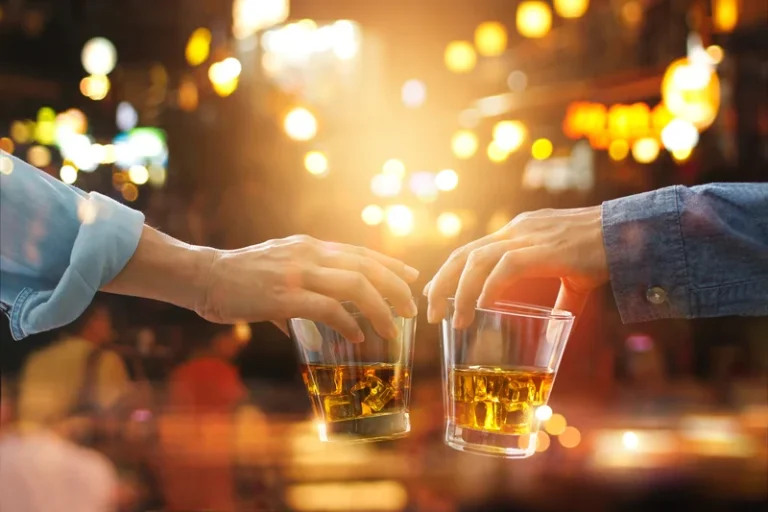
Program
They begin to disqualify the positives they have Sobriety gained through recovery. The cognitive challenge is to acknowledge that recovery is sometimes hard work but addiction is even harder. If addiction were so easy, people wouldn’t want to quit and wouldn’t have to quit.
It is crucial to let the individual know that they are not alone in their journey. It can also be helpful to offer practical support such as providing transportation to support groups or helping with chores or errands. When we drink, alcohol releases dopamine and serotonin (our “feel-good” hormones) that boost our mood and give us a sense of pleasure. This ties alcohol to these positive emotions, signaling to our brain that we want more. While this may seem low, it’s important to remember that recovery is different for everyone.
Seek professional support
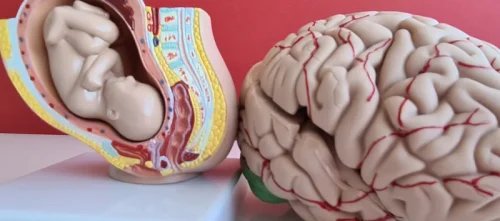
Many health providers believe that recovery support from family provides an important piece of the puzzle for long term sobriety. Pay attention to the small ways that your loved one makes an effort in their recovery. Too often families are jaded and mired in resentment from recent memories of alcoholic behavior.
- Drinking is not going to solve any of these emotional problems.
- Addiction is a brain disease and, as such, may involve disruptions to certain brain circuits and neural processes as a result of chronic drinking and/or drug use.
- A “freelapse”, on the other hand, is the colloquial term for an accidental relapse that happens when a person unintentionally uses drugs or alcohol.
- Like treatment for other chronic diseases such as heart disease or asthma, addiction treatment is not a cure, but a way of managing the condition.
- Therapies such as Cognitive Behavioral Therapy (CBT) can help individuals understand and change thought patterns and behaviors that lead to relapse.
- The chronic nature of addiction means that for some people relapse, or a return to drug use after an attempt to stop, can be part of the process, but newer treatments are designed to help with relapse prevention.
Behavioural warning signs
Talking to a therapist also gives you a safe space to be honest about your struggles. They can help you set realistic goals and create a plan for long-term recovery. A relapse isn’t the end—it’s a sign that more support is needed, and therapy is a strong place to start. Relapse feels discouraging, but it doesn’t erase your progress. Alcoholic relapse after long term sobriety happens, and it doesn’t mean you can’t recover again. The key is to take action instead of letting guilt take over.
FAQs about Handling Alcohol Relapse
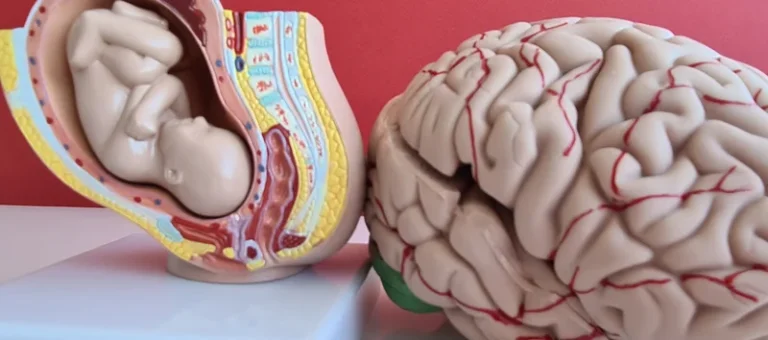
The risk factors involved in relapse are similar to those involved with addiction. If a particular risk factor is present, this will increase the likelihood of a relapse. Clients are encouraged to identify whether they are non-users or denied users. A denied user is in chronic mental relapse and at high-risk for future relapse.
When physical relapse happens, people in recovery from liver damage risk a recurrence of alcohol-related liver disease. A single episode of alcoholic relapse drinking isn’t always considered a relapse. To avoid relapse after a slip, many people attend support group meetings or therapy sessions. A critical step in overcoming this stage of relapse is to practice self-care in its physical, psychological, and emotional aspects. This means making time for eating, sleeping, and having fun, as well as behaving kind enough toward yourself that you permit yourself these necessities. Often, the initial image of relapse you may imagine is when a person either in short– or long-term recovery starts drinking again.

